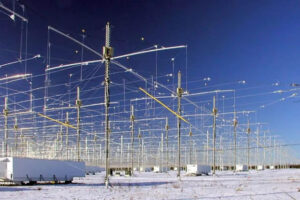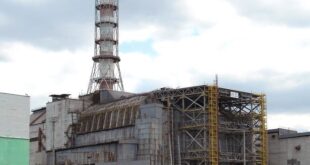Ionosphere Turbulence and Earthquakes!
Research has shown that there is a direct correlation between atmosphere and ionosphere turbulence and earthquakes. This connection has been observed by scientists for many years. It has become a focal point of study for many researchers who are interested in understanding the cause-and-effect relationship between these two phenomena.
Ionosphere Turbulence’s Impact on Earth Crust
Atmosphere and ionosphere turbulence refers to the irregular motion of air and electrically charged particles in the earth’s atmosphere and upper atmosphere. Solar activity, atmospheric pressure systems, and other natural phenomena are likely to cause these motions. Consequently, they are likely to have a significant impact on the earth’s crust, which can result in earthquakes.
HAARP Technology, Weather Control or a Weapon?
High Frequency Active Auroral Research Program (HAARP), allegedly can induce earthquakes, is an ionospheric research program funded by the US Air Force, Navy and Other Agencies
Ionosphere Turbulence Can Cause Earthquakes
One of the most well-known examples of this phenomenon is the earthquake that struck Japan in March 2011. Scientists believe that the earthquake was caused by a combination of factors, including the presence of a large amount of atmosphere and ionosphere turbulence in the region. Studies have shown that the turbulent motions in the atmosphere and ionosphere can cause disturbances in the earth’s magnetic field, which in turn can trigger seismic activity.
Scientists Would Be Able to Predict Where and When an Earthquake Could Occur
The exact nature of the relationship between atmosphere and ionosphere turbulence and earthquakes is still being studied. However, many experts believe that this connection could have important implications for the prediction and prevention of natural disasters. By monitoring the levels of turbulence in the atmosphere and ionosphere, scientists may be able to better predict when and where earthquakes are likely to occur. As a result, they will be up to take steps to mitigate the impact of these disasters.
In conclusion, while the relationship between atmosphere and ionosphere turbulence and earthquakes is still a subject of ongoing research, it is clear that these phenomena are closely connected. As our understanding of this relationship continues to grow, we may be able to better predict and prevent major natural disasters. Also, we may potentially save countless lives and prevent significant damage to communities around the world.
cheers!!













